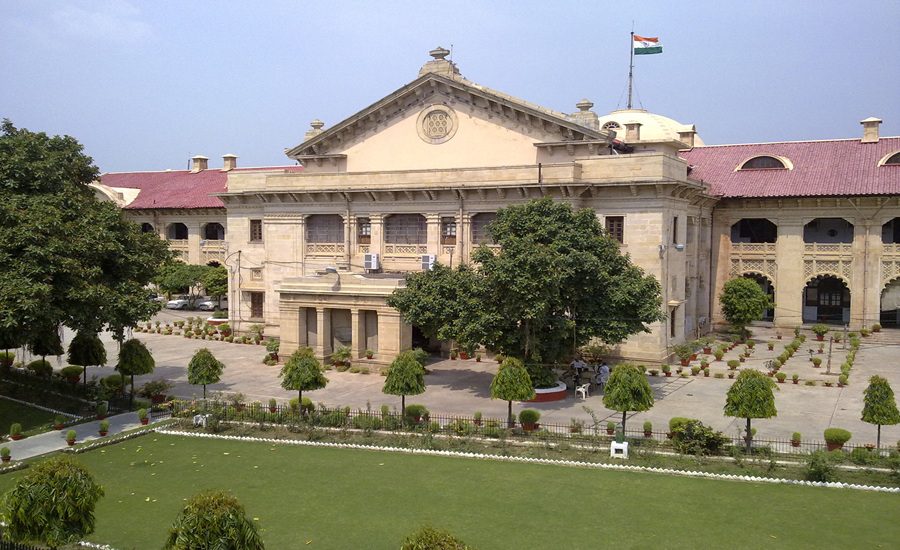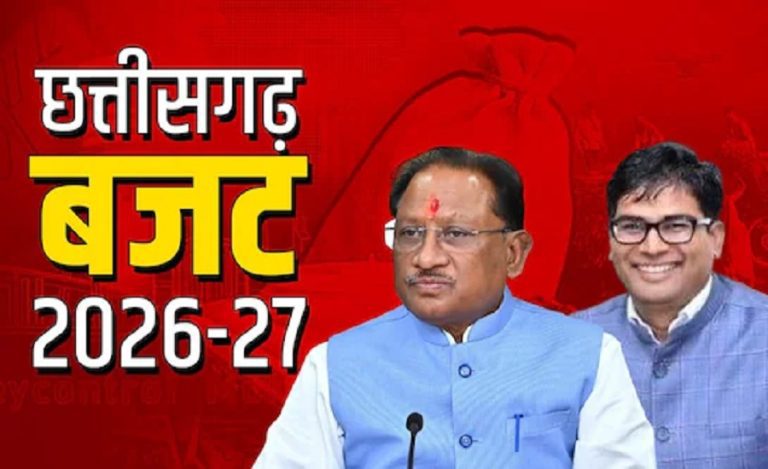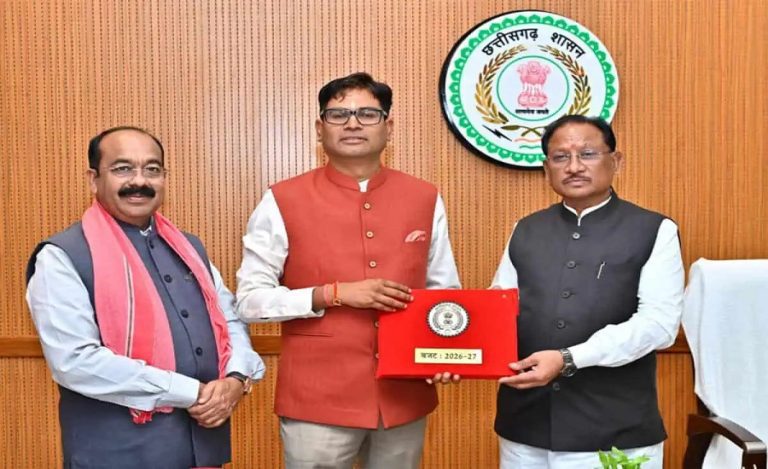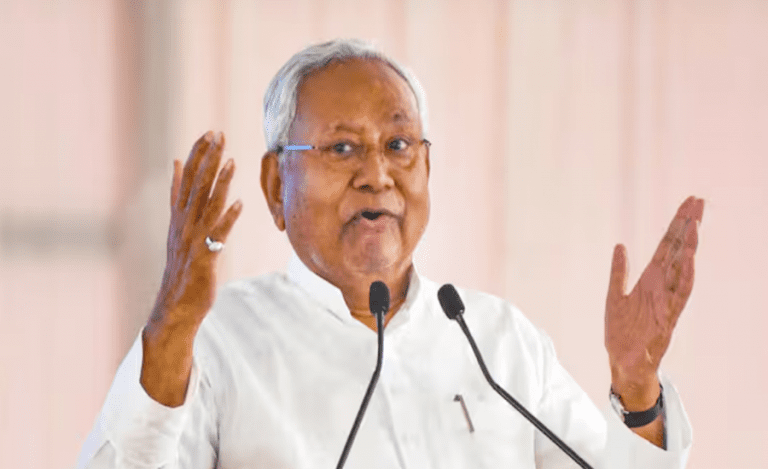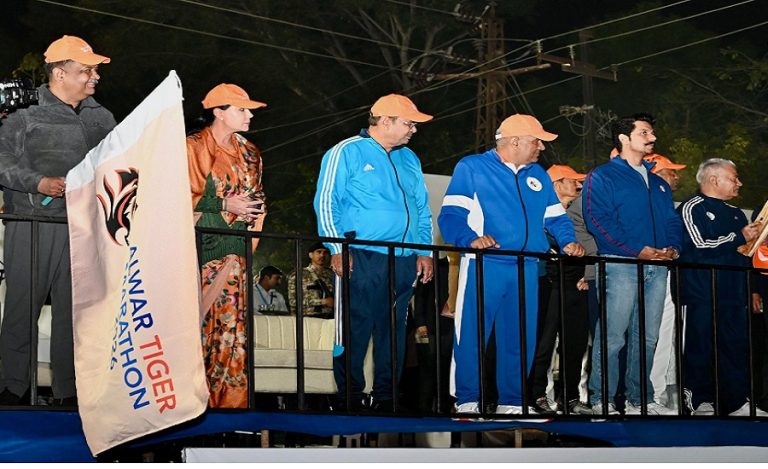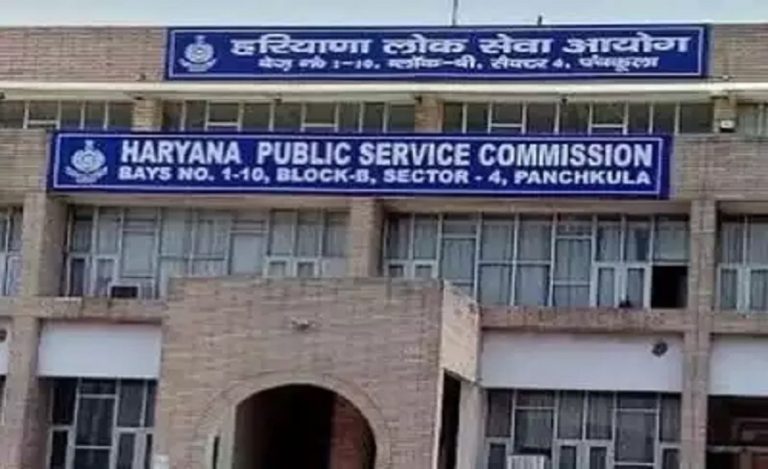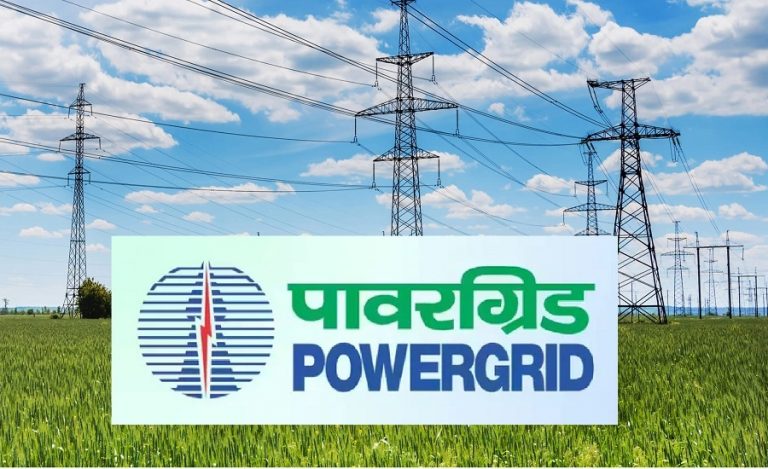Lucknow: In a significant move aimed at strengthening accountability in governance, former Indian Police Service (IPS) officer Amitabh Thakur has filed a public interest litigation (PIL) before the Allahabad High Court’s Lucknow Bench, challenging key provisions of the Uttar Pradesh Lokayukta and Up-Lokayuktas Act, 1975. The PIL seeks to declare two specific clauses as unconstitutional and violative of the right to equality under Article 14 of the Indian Constitution.
Two Provisions Under Challenge
The petition, filed under Article 226 of the Constitution, targets:
- Section 2(g) of the Act, which excludes the Chief Minister from the definition of “Minister,” thereby exempting the CM from Lokayukta scrutiny.
- The proviso to Section 5, inserted via a 2012 amendment, which allows a Lokayukta to continue beyond their five-year term until a successor takes office.
Thakur contends that both provisions are arbitrary, unjustified, and create loopholes for misuse.
“No Logic to Exempt the Chief Minister”
At the core of the PIL is the argument that excluding the Chief Minister from the scope of the anti-corruption watchdog undermines the very purpose of the Lokayukta institution. Thakur points out that unlike the Lokpal and Lokayukta Act, 2013, which does not exclude even the Prime Minister, the Uttar Pradesh Act creates an unjustified immunity for the state’s top executive.
“No logic, no sense and no argument can justify such discretion, discrimination and segregation, except the urge to safeguard corruption, illegalities, and maladministration,” the petition argues.
Thakur asserts that it is “preposterous and hilarious” to assume that the Chief Minister is above suspicion. The plea also cites past corruption allegations against both Chief Ministers and Prime Ministers to strengthen its claim.
Lokayukta’s Unlimited Tenure Also Under Fire
The second key issue raised in the PIL concerns the tenure extension clause. While Section 5 of the Act limits a Lokayukta’s term to five years, the proviso allows them to remain in office indefinitely until a successor is appointed.
Thakur calls this clause “completely arbitrary and meaningless,” arguing that Section 5(2) already outlines a proper mechanism to fill vacancies. He alleges that this loophole allows political interference, where officials could remain in office for extended periods depending on the satisfaction of those in power.
Invoking the Supreme Court’s Doctrine of ‘Manifest Arbitrariness’
To support the PIL’s legal foundation, Thakur refers to the Supreme Court’s doctrine of manifest arbitrariness, particularly the landmark verdict in Shayara Bano v. Union of India, which struck down practices not backed by “reasoned classification.” The petition contends that the CM’s exemption and indefinite tenure provision fail this constitutional test.
Personal Stake and Previous Experience
Thakur, known for his public activism and prior service in the police force, mentions that several of his complaints filed under the UP Lokayukta Act were dismissed in a contentious and arbitrary manner. He claims that this experience further highlights the flaws in the system and the dangers of unchecked power.
Respondents and Next Steps
The PIL names the State of Uttar Pradesh, through the Principal Secretaries of the Legislative and Vigilance Departments, as respondents. The matter is expected to come up for preliminary hearing in the coming weeks.
If the court finds merit in the PIL, it could potentially reshape anti-corruption oversight in the state, bringing the Chief Minister’s office under scrutiny and tightening tenure rules for the Lokayukta.

